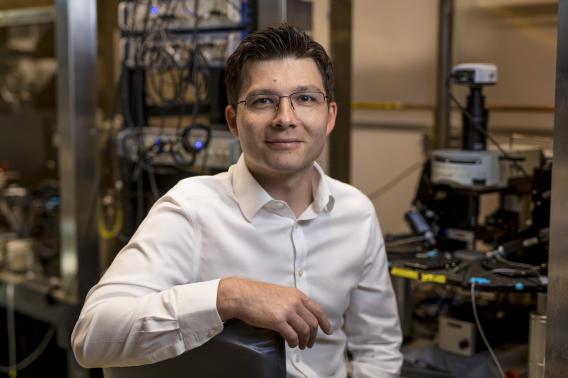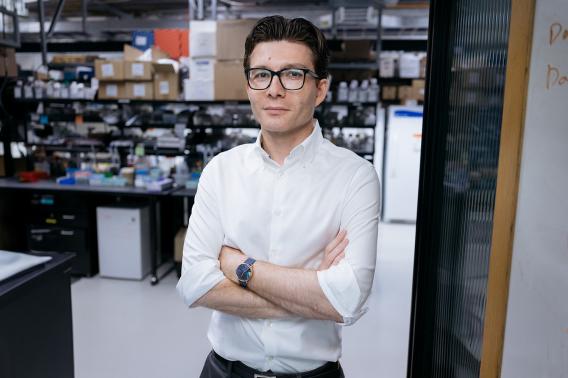Project Summary
Bringing together expertise and technologies from schools and departments across Stanford to create, apply, and share next-generation biological platforms to understand human brain development and disease.
Vision
A critical challenge in understanding the intricate programs underlying the development, assembly, function, and dysfunction of the human brain is the lack of direct access to functioning human brain tissue for detailed investigation by imaging, recording, and stimulation. This has resulted in slow progress in understanding and treating brain disorders. The Stanford Brain Organogenesis Program is a unique research initiative that brings together expertise in neurosciences, stem cell biology, engineering, chemistry, medicine and law/ethics. The initiative leverages powerful technologies developed at Stanford to non-invasively construct and deconstruct inaccessible stages of human brain development and function in health and brain disorders. In the belief that science is a community effort, the team plans to advance the field by training a diverse group of students, by broadly and openly sharing its technologies with laboratories around the world, and by developing ethical guidelines for this emerging field.
Interdisciplinary Team
The Stanford Brain Organogenesis Program team is uniquely positioned to tackle the proposed vision by integrating chemistry, engineering, biology, law and medicine. Over the past two years, the team has developed a highly interdisciplinary, campus-wide and uniquely-Stanford research program that combines rigorous, cutting-edge science including approaches in stem cell biology, molecular and developmental biology, neurosciences, chemistry and engineering, and medicine as well as law and ethics. The team believes Stanford is the only place where a convergence of these orthogonal approaches can happen, and by combining stem cell differentiation, ex vivo human tissue, work in animal models, and an extensive group of collaborators on campus, this effort has the potential to ultimately bring a molecular understanding of neuropsychiatric disorders.
Project Details
Program:
Funding Type:
Big Ideas in Neuroscience Award
Award Year:
2021
Lead Researcher(s):
Team Members:
More information:


